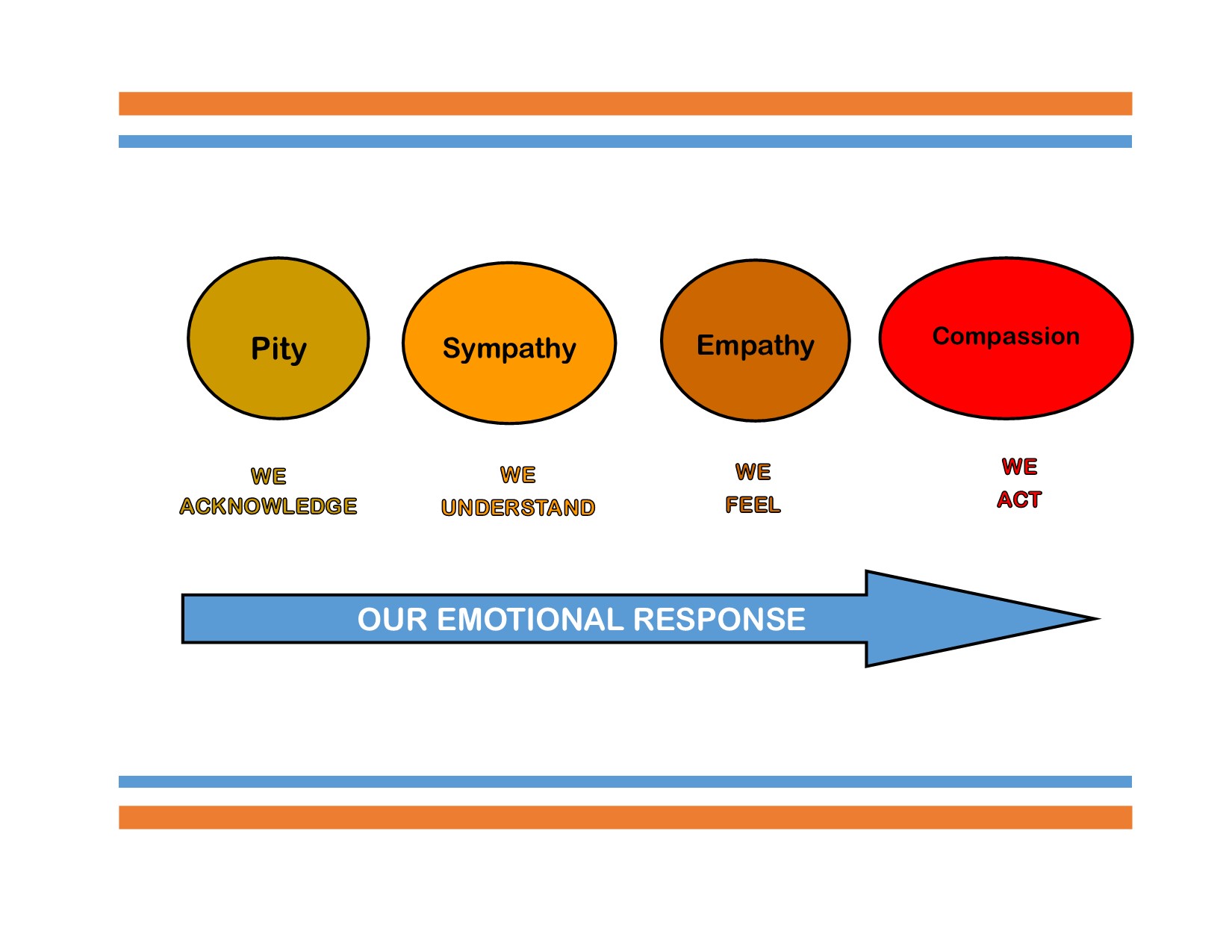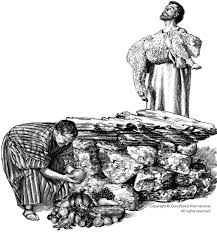In Search of peace.
As we learned last week, peace can be defined in many ways. From a world perspective, peace is a stress-free state where there is perfect harmony and freedom. However, peace from a biblical perspective provides us with more precise descriptions on which to focus our attention.
Both the Old and New Testaments use the root word, salom or shalom to capture the meaning of peace as “completeness, contentment, rest, and harmony”.
Peace by any definition can be very elusive and subject to change because of external influences. That’s why we need to be clear as to what we’re looking for and where we think we may find it.
Loss of our Peace.
At one time man experienced “perfect peace”. That peace was found in the Garden of Eden by Adam and Eve. There was completeness, contentment, rest, and harmony. On Maslow’s Hierarchy they were “at the top” of the pyramid. Their peace, however, ended with the entrance of sin.
In the beginning, all creation was in a state of shalom, and this is the environment that Adam and Eve entered into. This Shalom was a perfect peace, where the infinite Creator of all things was in complete communion with his created beings Adam and Eve. Yet sin destroyed that shalom and cast the world into a place of brokenness. The fallen world we live in, with its violence, heartache, pain, and death are very visible results of the Shalom that was lost so very long ago.[1]
As we view the challenges of living in the 21st century with its social challenges, spiritual deficits, and moral vice, we might ask if peace can become a reality in our lifetime. Peace can be achieved but it must begin with an understanding of the true source of peace.
Man-made peace.
There are two types of peace we can experience. The first is man-made peace which is based on the creation of external systems to ensure safety and security. It also includes safeguards to support peaceful interactions between individuals, groups, and communities (relationships). On a large scale we see governments (local, state, or national) serving in these roles. Our best efforts in fabricating peace will only leave us in disappointment and despair because our skewed understanding of peace is dependent upon things outside our control![2]
God-given peace.
The other option we have is God-given peace. The pursuit of God-given peace begins with being spiritually reconciled to God (Rom. 5:10). Because of our sin nature, our relationship is estranged. The way back to God is only possible through acceptance of Jesus Christ, who paid the price for our sin (Rom. 5:8-9). Once reconciled to God, we are no longer in enmity with each other. We have peace with God.
Once we have peace with God, we become heirs of salvation and part of God’s Kingdom (Rom. 8:17). As children of God, we receive the Holy Spirit who dwells within us to comfort and strengthen us during difficult times. The Holy Spirit brings peace by reminding us of the faithfulness of God. The Spirit speaks to the promises and blessings that are ours because of our righteous standing made possible through Jesus Christ (Eph. 1:3-14; 2 Peter 1:3-4). We have the peace of God.
As we daily walk in newness of life with the Holy Spirit as our guide, we begin to act like Jesus. We are told to be conformed to the image of Christ who provides us with the model of how we act and react while living in this fallen world. We have escaped the corruption that is in the world through our knowledge of God—His power, His purpose, and His presence. This provides us with great confidence even when pressed on every side (2 Cor. 4:8-9). We have peace from God.
True Peace
Jesus promised to give His Disciples peace. Jesus’ peace quiets the inner turmoil that comes with danger.
Peace I leave with you; My peace I give to you: I do not give to you as the world gives. Don’t let your heart be troubled, or fearful.” (John 14:27, CSB)
The Apostle Paul reminds us in his letter to the Philippians that God’s peace is true peace.
Don’t worry about anything; instead, pray about everything; tell God your needs, and don’t forget to thank him for his answers. If you do this, you will experience God’s peace, which is far more wonderful than the human mind can understand. His peace will keep your thoughts and your hearts quiet and at rest as you trust in Christ Jesus. (Phil. 4:6-7, Living Bible)
Whose peace do we desire? True peace can only be found in God through Jesus Christ. God’s peace is underwritten by His unchanging promises and experienced through the presence of the Holy Spirit living within us. God’s peace meets the perfect biblical standards. It is complete, leading to contentment, giving us rest (from worry), and creating harmony in our relationships.
[1] Jason Soroski, “What does shalom mean and why is it important?”, Crosswalk.com.
[2] Samuel Stephens, “The Pursuit of Peace”, Association of Certified Biblical Counselors.









